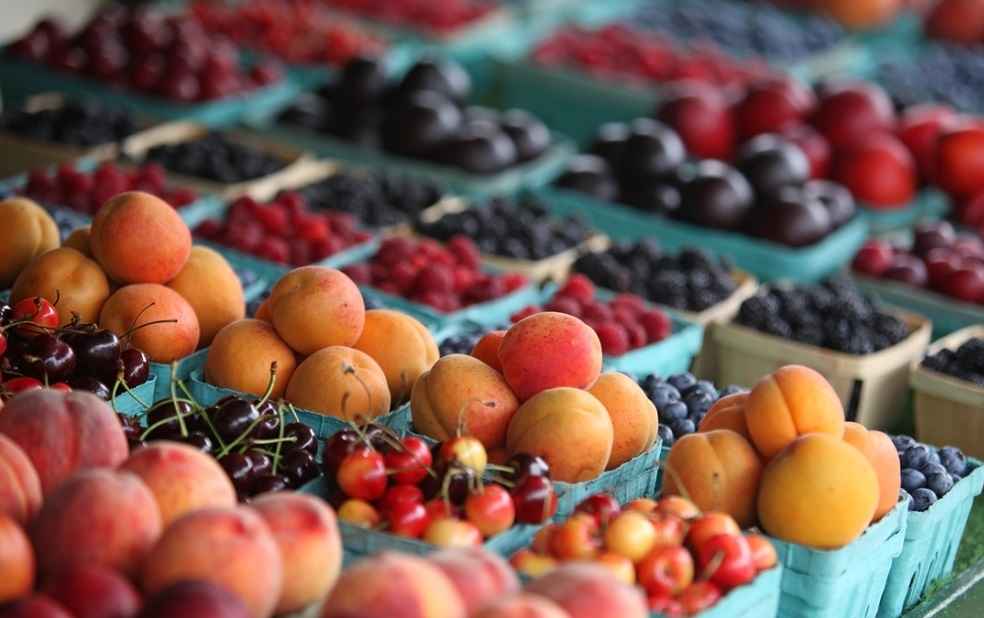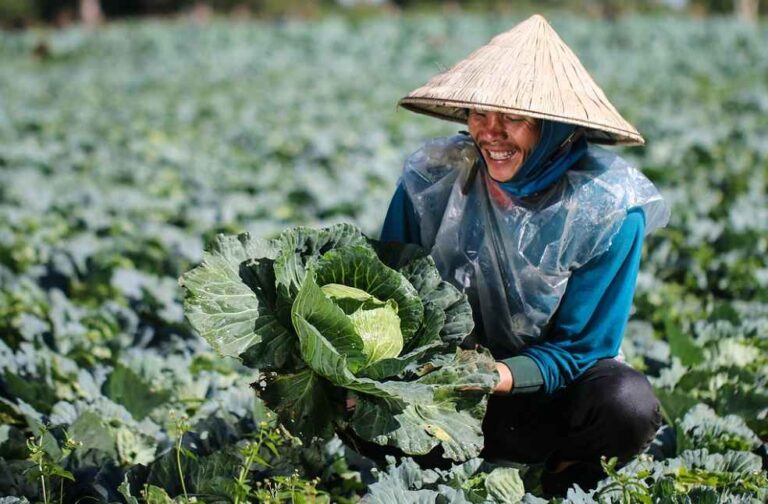Tanzania has imposed a ban on agricultural imports from South Africa and Malawi, intensifying the trade dispute between the nations.
From midnight, Tanzania banned all agricultural imports from Malawi and South Africa as a reaction to trade restrictions imposed on its exports.
“We are taking this step to protect our business interests… in business, we must all respect each other,” Tanzania’s Agriculture Minister Hussein Bashe said on Wednesday while confirming the ban.
Last week, Malawi and South Africa imposed trade restrictions on various Tanzanian agricultural products, including rice, flour, ginger, bananas, and maize. The decision severely impacted the flow of goods and disrupted local traders who depended on exports to the Southern African regions.

In retaliation, Minister Hussein Bashe issued a warning on X, giving Pretoria and Lilongwe a deadline until Wednesday to remove non-tariff barriers on exports. When no action was taken by the deadline, Tanzania immediately banned all agricultural imports from both countries.
Diplomatic efforts to resolve the trade issues have been unsuccessful. Bashe mentioned that new negotiations are currently in progress.
Tanzania’s ban will impact South African exports of fruits like apples and grapes. At the same time, landlocked Malawi, which depends on Tanzanian ports to export products such as tobacco, sugar, and soybeans globally, will be forced to find alternative routes for its goods.

According to authorities in Lilongwe, Malawi’s restrictions on imports introduced in March were meant as a temporary measure, applicable to goods from all nations, to protect local farmers.
Bashe stated that Malawi’s actions had ‘directly impacted’ Tanzanian traders and labeled the restrictions as ‘unfair and harmful.’ While declaring the import ban, he reassured Tanzanians that their food supply would not be affected.
TRADE WORLD | EU May Seek Global Trade Curbs on All Eel Species



